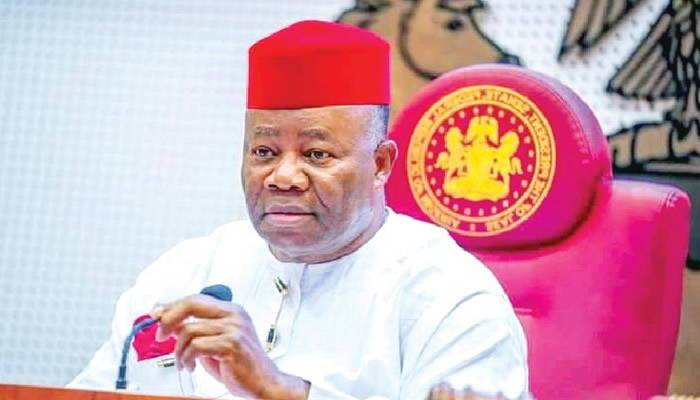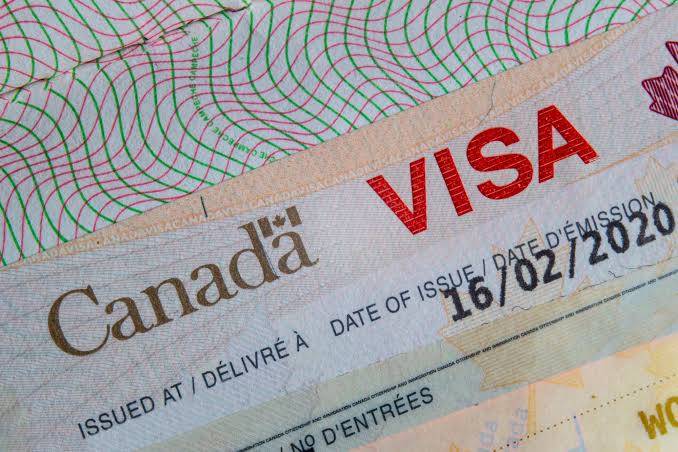• Figure fell by 4.5% from 2017 to 2020
• Contribute 46.3% to economic output
At least, 39,654,385 micro, small and medium enterprises (MSMEs) operated in Nigeria as of December 2020 as against 41,543,028 million that were in existence in 2017, indicating a decrease of 4.5 per cent.
This is contained in a report jointly released by the Small and Medium Enterprises Development Agency of Nigeria (SMEDAN) and the National Bureau of Statistics (NBS) in Abuja yesterday.
A breakdown of the figures showed that micro enterprises (MEs) accounted for 38,413,420 million, while the total number of small and medium enterprises (SMEs) stood at 1,240,965 million representing 3.1 per cent.
According to the report, MSMEs in Nigeria contributed 46.31 percent to the country’s gross domestic product (GDP) and accounted for 96.7 per cent of businesses.
The report similarly revealed that MSMEs accounted for 6.21 per cent of gross exports during the year under review.
The Statistician-General of the Federation, Dr. Simon Harry, said the report was an output of a collaborative survey between SMEDAN and NBS on MSME in Nigeria.
He stressed that it was the fourth round of collaborative survey between the two agencies, noting that the first round was conducted in 2010, followed by that of 2013 and then 2017.
According to him, males, with a record of 67.1 per cent, mostly owned the MEs even as the COVID-19 pandemic affected MSMEs in the country such that 53.2 per cent of SMEs and 37.3 per cent of MEs were temporarily closed owing to lockdown.
He listed 17 sectors covered by the survey to include manufacturing, wholesale and retail trade, accommodation and food services activities, mining and quarrying, construction, water supply, sewage, waste management and remediation. Others are human health, social works and professional, scientific and technical works.
Director-General of SMEDAN, Dikko Radda, said the importance of data to sustainable socio-economic development could not be over-emphasised as they help to initiate targeted planning and implementation of programmes that are specific, measurable and achievable, realistic and timely.












